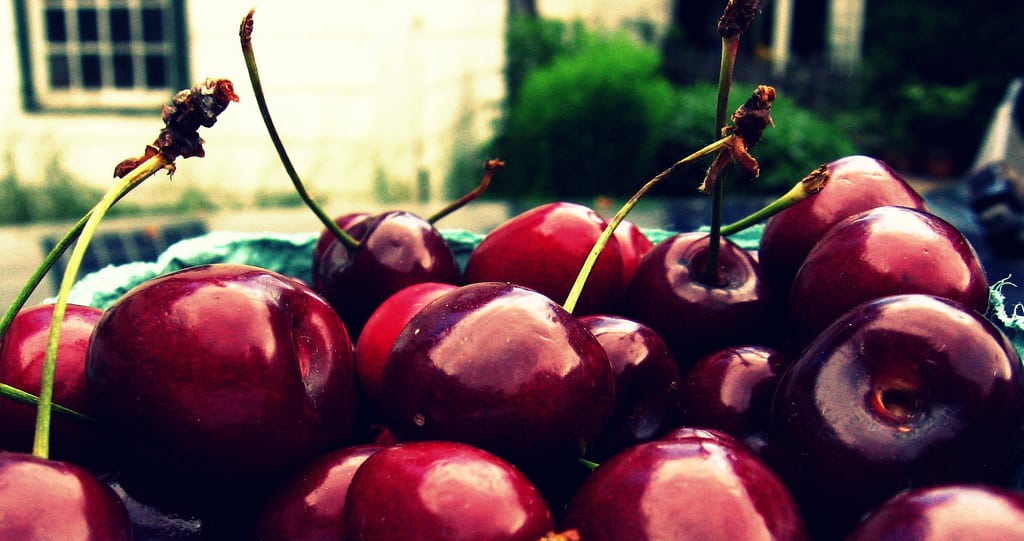Ulster Cherry Info – Learn About The Care Of Ulster Cherries


Sign up for the Gardening Know How newsletter today and receive a free copy of our e-book "How to Grow Delicious Tomatoes".
You are now subscribed
Your newsletter sign-up was successful
Few things beat the sugary, rich taste of a dark, sweet cherry. Caring for and maintaining a cherry tree is not too difficult, and you can even get most varieties in dwarf form. Growing Ulster cherries is a great option if you want an abundant harvest of sweet fruits.
Ulster Cherry Information
Ulster sweet cherries are similar to the popular Bing variety. They are dark, deep red in color and have a very sweet flavor. The variety was created as a cross between Schmidt and Lambert cherries. These cherries are perfect for fresh eating and snacking but also for making wine and juice. The Ulster variety was designed to produce an abundant amount of large, sweet cherries, like Bing, but to be more crack resistant. Cherries tend to crack when they get wet during ripening, but Ulster has good resistance to this phenomenon. It also has decent resistance to drought, diseases, and pests.
Growing and Care of Ulster Cherries
Ulster cherry trees grow well in zones 5 through 7 and don’t tolerate heat very well. They need a spot with full sun, at least six hours per day. The soil should be well-drained, as cherry trees do not do well with any standing water or soil that is too moist. Ulster will need another sweet cherry tree for pollination purposes. Good choices are Rainier or Royalton. Cherry trees are relatively easy to grow and maintain. With the right conditions, your tree will need yearly pruning in the dormant season and regular watering during the first growing season and then only through very dry periods of weather. Watch for signs of pest or disease, but Ulster cherries have good overall resistance. If your space is limited, choose an Ulster on dwarf rootstock. It will only grow 8 to 10 feet (2-3 m.) tall and about 10 feet (3 m.) across. Ulster ripens midseason. Harvest and eat as soon as possible. To preserve extra cherries, freezing is a good choice.
Sign up for the Gardening Know How newsletter today and receive a free copy of our e-book "How to Grow Delicious Tomatoes".

Mary Ellen Ellis has been gardening for over 20 years. With degrees in Chemistry and Biology, Mary Ellen's specialties are flowers, native plants, and herbs.